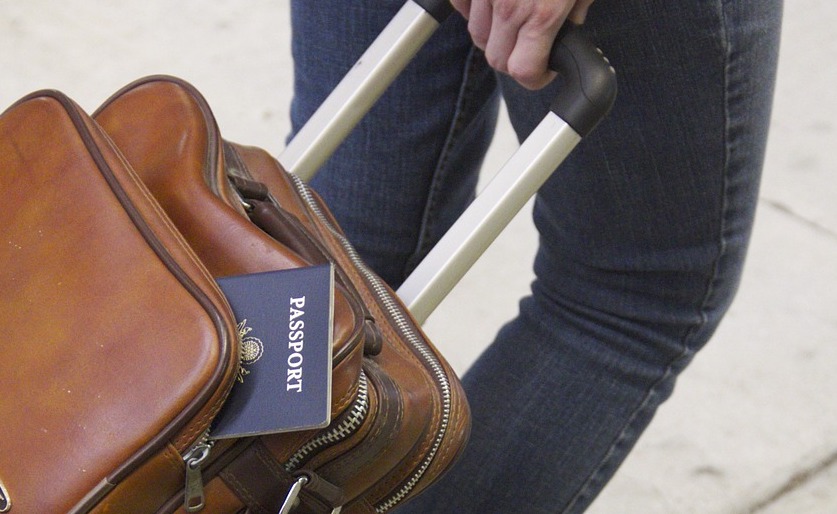Between the hope of vaccine optimism and a starkly persisting Covid-19 threat, there is growing interest in the notion of a vaccine passport. Essentially, such a credential would digitally certify a person’s Covid status as vaccinated, recovered, or otherwise genetically immune.
As the CBC reported: ‘in late January, Iceland became the first European nation to issue vaccine certificates to citizens who have been inoculated against the novel coronavirus. It will also recognize certificates from other countries, allowing people who’ve gotten a full course of shots to skip quarantine when arriving in the country.’ Other countries are following suit, with several US states launching pilot initiatives. Israel’s domestic ‘green pass’ app has also been widely adopted domestically to facilitate social and commercial reopening.
Prime Minister Trudeau has expressed skepticism toward the idea, all the while requiring airlines to demand proof of a negative Covid test for incoming passengers. Initial data gathered for the Public Policy Forum suggests mixed public levels of support for the concept, while Provinces are creating at least the potential underpinnings of certification by tracking all vaccines administered (mainly for medical purposes: to administer second doses, study potential side-effects, and assess societal outcomes). Spain, by contrast, is one of several countries planning to record those refusing vaccination, a reverse form of certification.
There are many reasons to be wary of vaccine passports. First, government’s technology struggles are widely chronicled. Aside from the epic examples such as the Phoenix payroll system, Covid vaccine call centres and web portals struggled with initial demand, as was the case for many federal and provincial benefit programs delivered online as well. In fairness, many problems were quickly rectified, but creating a digital health management system conducive to ongoing issuance would bring heightened risks.
Federalism further complicates matters – since vaccines are being rolled out by the Provinces, whereas a vaccine passport, for usage across borders would presumably be national in scope. Unlike the shared digital health framework of Australia, Canadian health governance is disjointed administratively and often-adversarial politically. The absence of a shared governance architecture further accentuates the technical and political challenges.
A key aspect of such challenges – both technical and political, are concerns about privacy and security. While there is broad agreement on the inevitable digitization of health care systems (a process greatly accelerated by the pandemic), political discussions would prove contentious, especially in terms of federal and provincial roles and the appropriate level of involvement of private industry.
The latter point is well illustrated by the State of New York’s fledging partnership with IBM to develop vaccine passports through a ‘private blockchain’ infrastructure (which critics contend is an oxymoron since blockchain is meant to be inherently open and thus public). While some skeptics view the initiative as an effort by the Governor’s Office to deflect attention from other political difficulties, the potential value of a blockchain ledger would be to embed accountability through a permanently evolving record of vaccine statuses accessible to all. Whether privacy is bolstered or sacrificed is a matter of considerable debate.
New York’s penchant for blockchain aside, any underlying architecture would require privacy and security safeguards second to none. With accelerating digital infrastructure and open-sourced underpinnings of Covid contact alert apps (endorsed by the Canadian Privacy Commissioner), such a task is feasible though dependent upon ample investments of political and financial capital. By contrast, an inwardly technocratic exercise would quickly implode (think of Statistics Canada aborted efforts to access private banking data for example).
Political debate and public engagement are also essential to mitigate the risks of inequalities and discrimination that could well result from any such system. Given Covid’s concentrated impacts within racialized minorities and less affluent communities, the danger of a vaccine passport becoming yet another source of economic mobility and societal polarization is real. In line with privacy concerns, whether and how any such certification database would impact civil liberties and the conduct of national security also merits scrutiny and transparency.
As vaccine and testing credentials become features of a new normal, and as pressures mount to gradually reopen the Canada-US border, the Canadian Government should explore options openly and proactively. The essence of the public trust challenge ahead lies in seeking workable domestic solutions along with multilateral and shared oversight.

